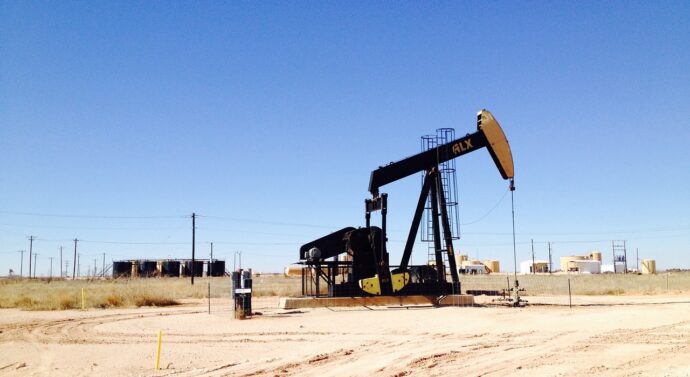
Kamala Harris and fracking: A climactic political shift
News, Uncategorized September 25, 2024, Comments Off 79Vice President Kamala Harris recently had her first interview after accepting the democratic nomination for president. She told CNN, “The most important and most significant aspect of my policy perspective and decisions is my values have not changed.”
This is in response to the growing concern that her platform has been “flip flopping” on important issues. One of these issues is fracking.
Hydraulic fracturing or “fracking” is the process of injecting a mixture of sand, water, and chemicals into a rock layer to collect the oil inside.
Fracking requires the transportation and use of large amounts of water, causes small scale seismic events, and contaminates groundwater.
In 2019, Harris said there is “no question” about banning fracking; she would take action “day one” of her presidency.
That stance shifted after becoming vice president. She even cast the tie-breaking vote to expand fracking leases in 2020. She has only recently felt obligated to reaffirm her stance on fracking.
This news is taking environmental activists by surprise, and – while they feel wronged – they still believe Harris is the best candidate for their cause. Harris did cast the tie-breaking vote on another important senate bill: The 2022 Inflation Reduction Act.
This provided assistance to forestry and agriculture as well as the National Oceanic and Atmospheric Administration (NOAA) to the degree of billions of dollars, which is expected to cut carbon emissions by 40% by 2030.
“We’re disappointed,” Jim Walsh, Political Director of Food and Action, told Politico, “but overall, the gulf between her and Trump on matters of protecting our environment and climate couldn’t be wider.”
The four-day Democratic National Convention (DNC) in August of 2024 had Harris saying just one sentence about climate change. This omission piqued political analysts’ interests.
Maxine Joselow, writing for the Washington Post, proposed her idea of a Harris “climate silence” strategy. Her article quotes Kevin Book, Managing Director at Clearview Energy Partners, as saying, “The campaign may have concluded that it has more to lose by alienating voters on either side than to gain by drawing in undecideds.”
Tim Tarpley, President of the Energy Workforce and Technology Council, argues coming out in support of fracking was not surprising. “She could go a little bit further and really clarify what her energy policy is,” Tarpley states. “We haven’t heard that.”
The opportunity for clarification came during the Sept. 10, 2024 debate, yet Harris spent little time developing her idea of America’s energy’s future.
Most ideas offered about energy came from former President Donald Trump, who claimed Harris would ban fracking as president. These claims went largely unchallenged.
So, what options does Kamala Harris have?
Justin Leinaweaver, professor of political science at Drury University, states, “The politics of fracking is really complicated.”
He claims it’s most politically advantageous to embrace domestic oil. With the price of solar quickly dropping, there’s no need to take steps further than simply diversifying energy sources.
“I’d be surprised if that’s not how she tries to frame it,” Leinaweaver said in anticipation of Harris’s bid for the White House.